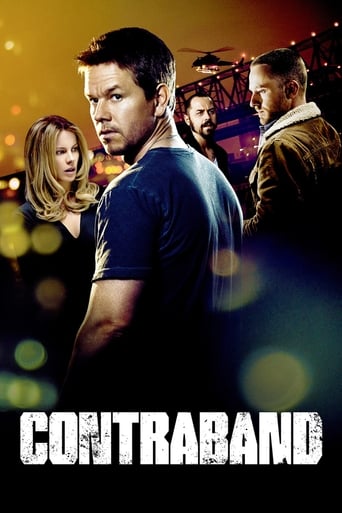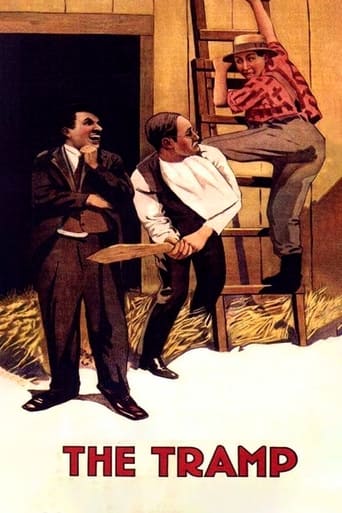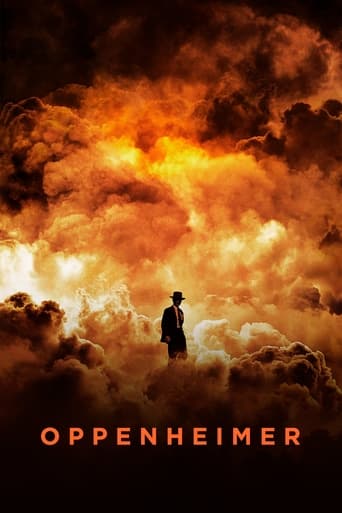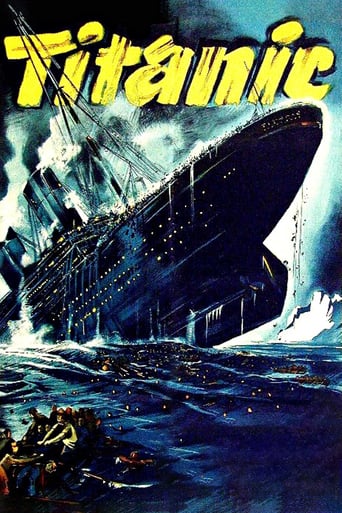


Titanic
This little-known German film retells the true story of the British ocean liner that met a tragic fate. Ernst Fritz Fürbringer plays the president of the White Star Line, who unwisely pressed the Titanic's captain (Otto Wernicke) to make the swiftest possible crossing to New York.
-
- Cast:
- Sybille Schmitz , Hans Nielsen , Kirsten Heiberg , Karl Schönböck , Otto Wernicke , Franz Schafheitlin , Ernst Fritz Fürbringer


Similar titles


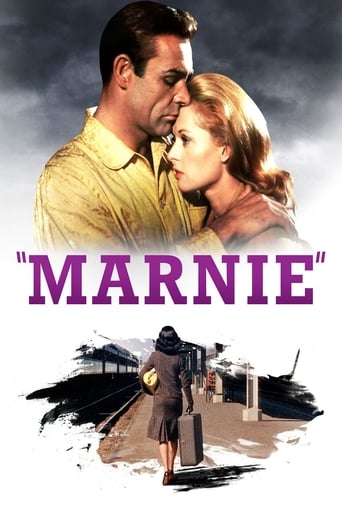


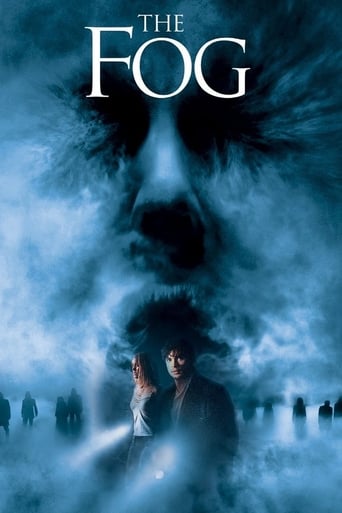
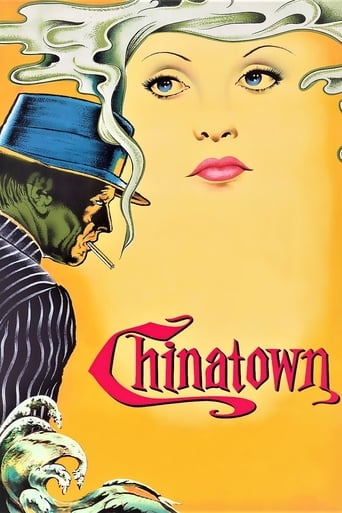

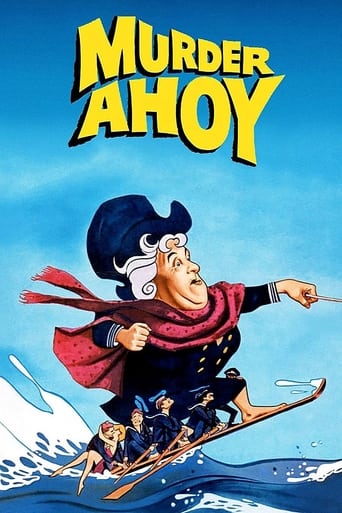
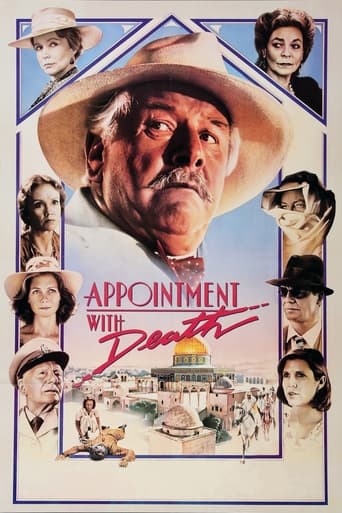
Reviews
Waste of time
i must have seen a different film!!
There is definitely an excellent idea hidden in the background of the film. Unfortunately, it's difficult to find it.
An old-fashioned movie made with new-fashioned finesse.
The story of this film project is almost as interesting as the story of the Titanic itself.At the height of the war, Goebbels started planning a massive movie spectacular that would present the Titanic story as a parable of Anglo-American capitalist greed, with a fictitious German officer heroically battling the cynical boardroom villains, out to secure the Blue Riband at any cost, to save their shipping line from bankruptcy. (This claim still pops-up from time to time, though there seem to have been other reasons for the undue haste to reach New York.)A surprisingly large budget was provided, and director Herbert Selpin got to work. The film required hundreds of naval personnel as technical advisors - a dream posting, well away from their units, in a film-colony atmosphere, with access to drink and women, of which they took excessive advantage. Selpin told them that their conduct was unprofessional as well as unpatriotic. A so-called friend reported him to Goebbels, who ordered him to retract his statement. He refused, and was found hanged next day.Now everything started to slide. Film people were disgusted at Selpin's fate, and morale never recovered. By the time the movie was finished, the Germans were losing the war, and Goebbels realised it would be a mistake to show scenes of drowning civilians, so no screenings were allowed. The film would only come to light many years later, as a historical curio.As this version was pure propaganda, we get all the Titanic clichés we expect (before they became clichés), with heavy emphasis on fine dining in gorgeous evening dress with a grand orchestra, while the freezing water pours into the engine-room and then rises steadily into the cabins. None of the performances stand out, and none of the actors seem to have moved on to bigger things, though their postwar careers would be dogged anyway by their association with the regime. But it is a tribute to the production values that several scenes are believed to have been directly reproduced in the British film 'A Night to Remember'.
Although there have been several movies produced depicting the fate of the RMS Titanic this particular picture is unique because it was made in Nazi Germany during World War II. This fact cannot be overlooked because the film itself suffers from a heavy amount of propaganda which permeates just about every scene. Most noticeable is the effort to falsely attribute the sinking of this great ship to the unmitigated greed and avarice of the owner of the White Star Line, "Bruce Ismay" (played by Ernst Fritz Furbringer). While it is possible that he pressured "Captain Edward J. Smith" (Otto Wernicke) to steam ahead at full speed in spite of iceberg warnings, the actual truth concerning the degree of coercion will probably never be known. Unfortunately, the plot not only suggests that greed on his part was a factor but also accuses the British Empire of the same dastardly complicity. And the manner in which this was done struck me as being somewhat dark and sinister. But then the fact that Joseph Goebbels had a personal role in the movie's production might have something to do with that. In any case, apart from the propaganda angle this movie actually wasn't too bad and I recommend it for those who enjoy films from this time or pertaining to this particular incident. Slightly above average.
This is an extremely difficult film to discuss because of its origins. However, it is influential in the continuing "Titanic" pantheon and merits a viewing by students of the tragedy.First, yes, this was made by Nazi Germany mid-way through World War II, and was designed to make the English (or more accurately, Imperialistic Capitalism) look bad. It has a definite point of view that is extremely unsubtle. But those facts alone do not make it evil or anything like that - all art must be judged on its own merits, not based on its origins, else half the art in the world's museums would be condemned. Propaganda is nothing new and all one has to do is watch something like "Fahrenheit 911" to get a contemporary dose of it. Obviously, if films produced in Nazi Germany trouble you, avoid this one, too.So, taking this film as a film and nothing more, it is fascinating. The "propaganda" is built almost strictly along class lines, illustrating the standard (Biblical, actually) line of "money is the root of all evil." Nothing too controversial about that. In that sense, it almost has a modern point of view that would not look out of place in a Michael Moore "documentary." Everything is all about money - people are introduced as they enter the doomed ship's ballroom by how many millions (of British Pounds) they are worth, and John Jacob Astor actually says at one point that money is the only value he recognizes. The women in the film - and they are almost all quite stunning - take offense at this attitude in their men from time to time, but the real hero is a fictional, moralistic (ha!) German officer who has all the benefit of hindsight but a complete inability to do anything to avert the catastrophe.Scenes from this film were stolen in most later versions - apparently all the people in the lower decks do in these Titanic films is gather 'round and watch one of their members dance or play an instrument - and the similarities to James Cameron's 1997 version are inescapable (e.g., the blue diamond heist, the lifeboat farewell scene, Captain Smith left alone on the bridge). If you watch 1958's "A Night to Remember" after this, you will see some of the same scenes used, such as that of a crewman on the deck laying out the rope to lower a lifeboat, or Captain Smith using a bullhorn to give the "every man for himself" order. But some particular aspects of this film are remarkable. This version has shots fired and people physically attacked - that is still a controversial point that has some good evidence to support it that only fairly recently came to light. Also, they struggle to work in a dig at the Russians, who are said to have confiscated the sympathetic leading lady's estates and made her a pauper (well we better go get them back, right, boys?).Incidentally, this film was released in 1943, which everybody knows was a bad year for the Nazis (with much worse to come), but was produced in 1942, arguably the high point of Nazi conquest. This somewhat explains the film's high production values. Some of the characters reflect the martial times, such as Astor's butler who seems more like a General's orderly (he all but clicks his heels and salutes when entering the great man's presence). There are a few outstanding performances by the women, Sybill Schmitz shining in particular as a weird sort of German stand-in for the famous Molly Brown, but the male leads are almost all caricatures (Astor is portrayed as a financial thug still making deals as the ship sinks, Captain Smith is a cipher controlled by Plutocrat owner Bruce Ismay, and so forth).Speaking of Ismay, he is portrayed as the arch-villain of the tragedy, orchestrating an attempt to break the speed record to New York in order to support his company's stock value (it wasn't publicly traded, so this was completely fictitious). Of course, that never happened, but Ismay and his company DID skimp on things like lifeboats because it would have lowered the value of the views from some top-dollar cabins. In addition, men like (and including) Ismay controlled the rules that set forth how many lifeboats were required on ships like the Titanic, and thus in a roundabout way permitted themselves to save money on boats by not requiring them. So, while the detail is wrong, the film's point is valid: Ismay and his class sacrificed safety in pursuit of the almighty British Pound Sterling.Compare Ismay here to the portrayal in "A Night to Remember," where he is the cipher, not Smith, and helps with the boats before showing his true colors and crawling into one himself. "Remember" was a British film, and not surprisingly, Ismay is portrayed there in a much better light. Which version is more accurate? I think the answer lies somewhere in between, but I think a lot of Englishmen of the time would have agreed more with the German portrayal.Not a great film, but watch it if you want a different take on the tragedy. Who was responsible? This film addresses that question (unlike other versions), and despite all the distortions and inaccuracies and, yes, propaganda, answers it quite effectively.
The "Titanic" disaster movie sails again; and, this time, it's a German World War II propaganda film. The responsibility for the sinking is explicitly revealed at the end; and, if you pay attention, it should come as no surprise. There are some nicely staged scenes in the film. Hans Nielsen (as Petersen) is the heroic German, who tries to warn the decadent British about the iceberg. Sybille Schmitz (as Sigrid) offers a striking, sympathetic characterization; she and Mr. Nielsen are the doomed "lovers" well, potential lovers, anyway.It is confusing to have strong German performers portraying wartime "enemy" (mostly British) people unsympathetically (most of the time). And, It is curious that the Germans produced their version of "Titanic" during World War II. The story of a British ship in peril isn't exactly what you'd expect Nazi Germany to consider strong story material. What were they expecting audiences to cheer the sinking? Perhaps the film's thesis doesn't work because some of those involved had the humanity to realize their government was wrong. ***** Titanic (11/10/43) Herbert Selpin, Werner Klingler ~ Hans Nielsen, Sybille Schmitz, Otto Wernicke, Ernst Fritz Furbringer


